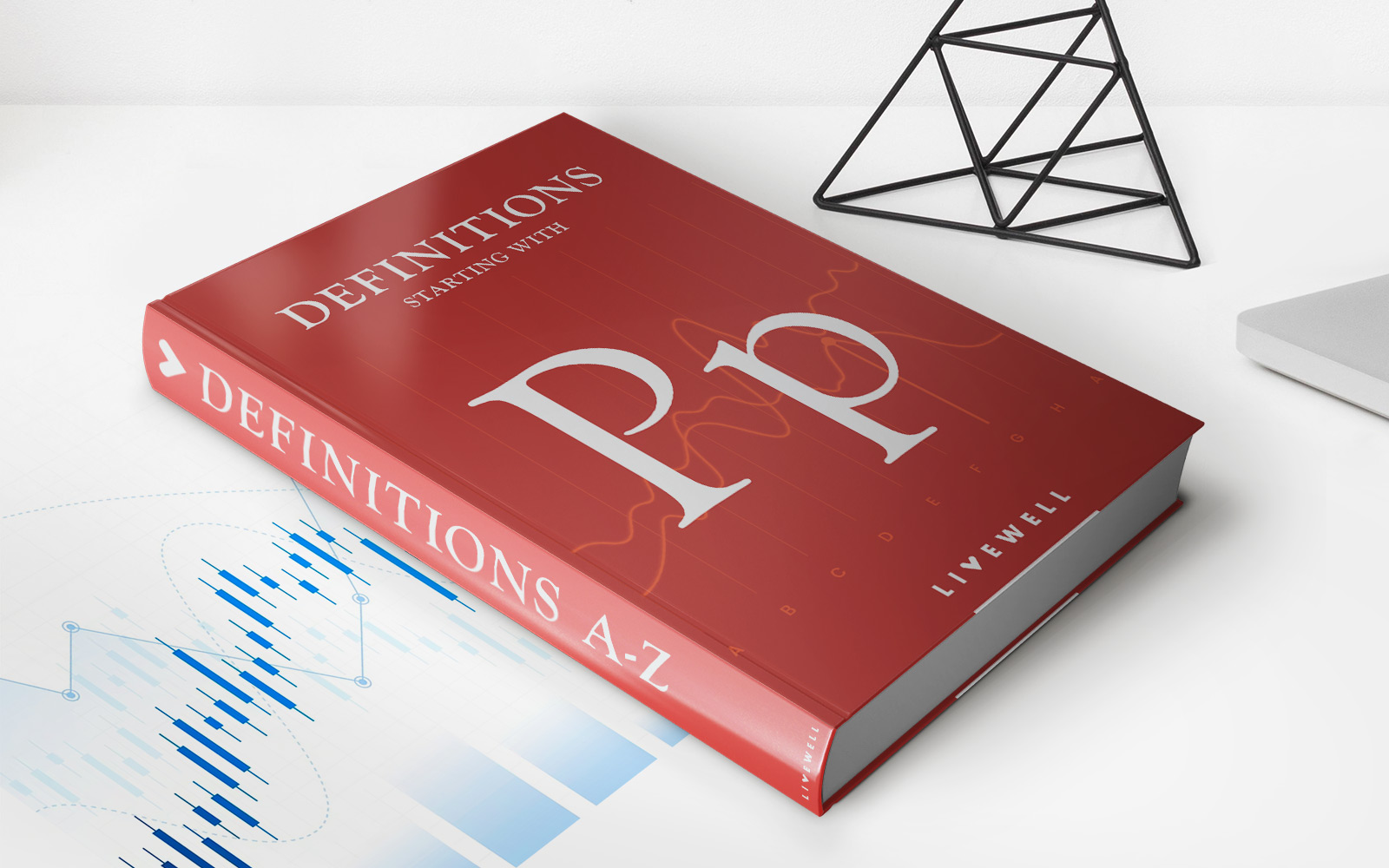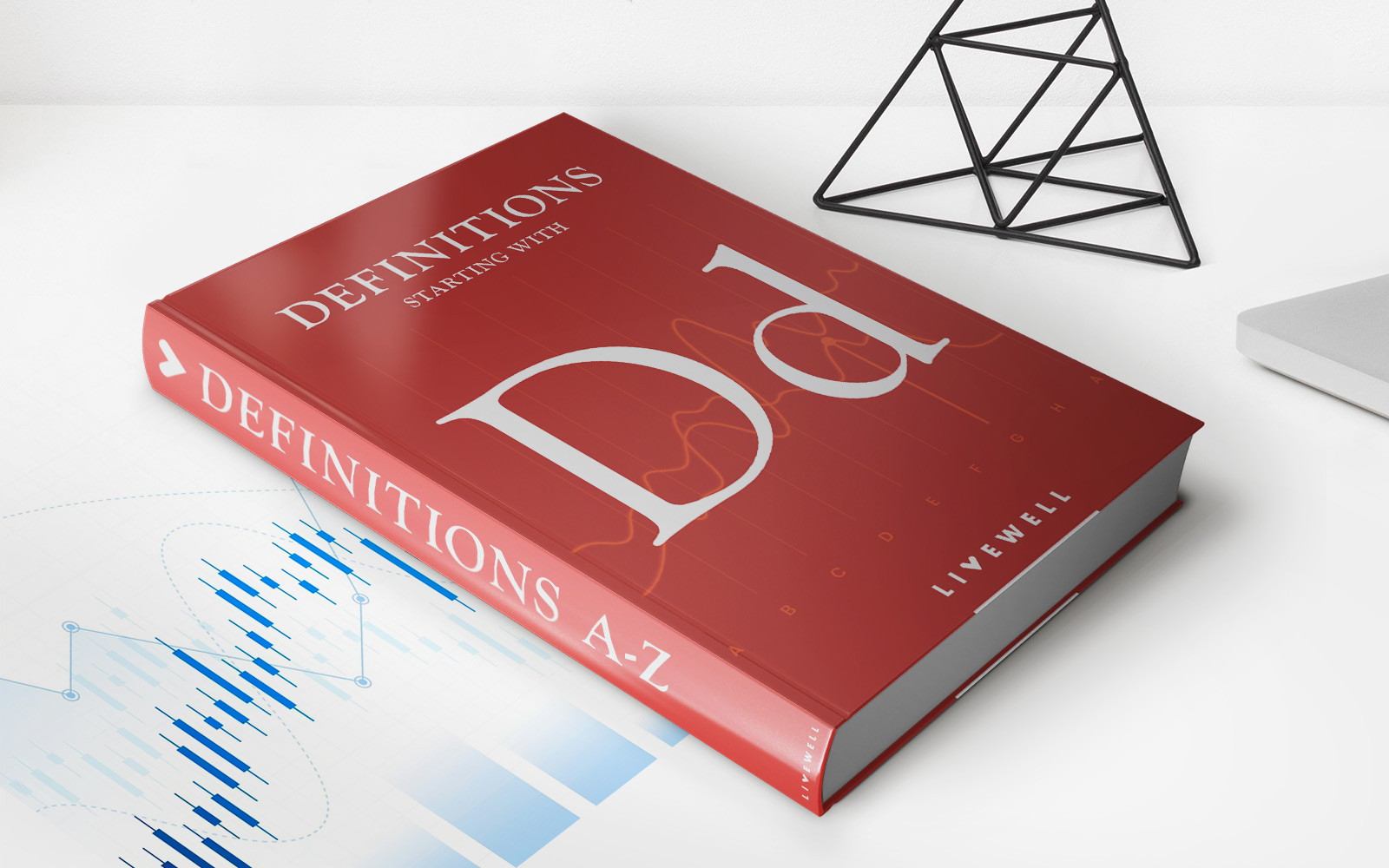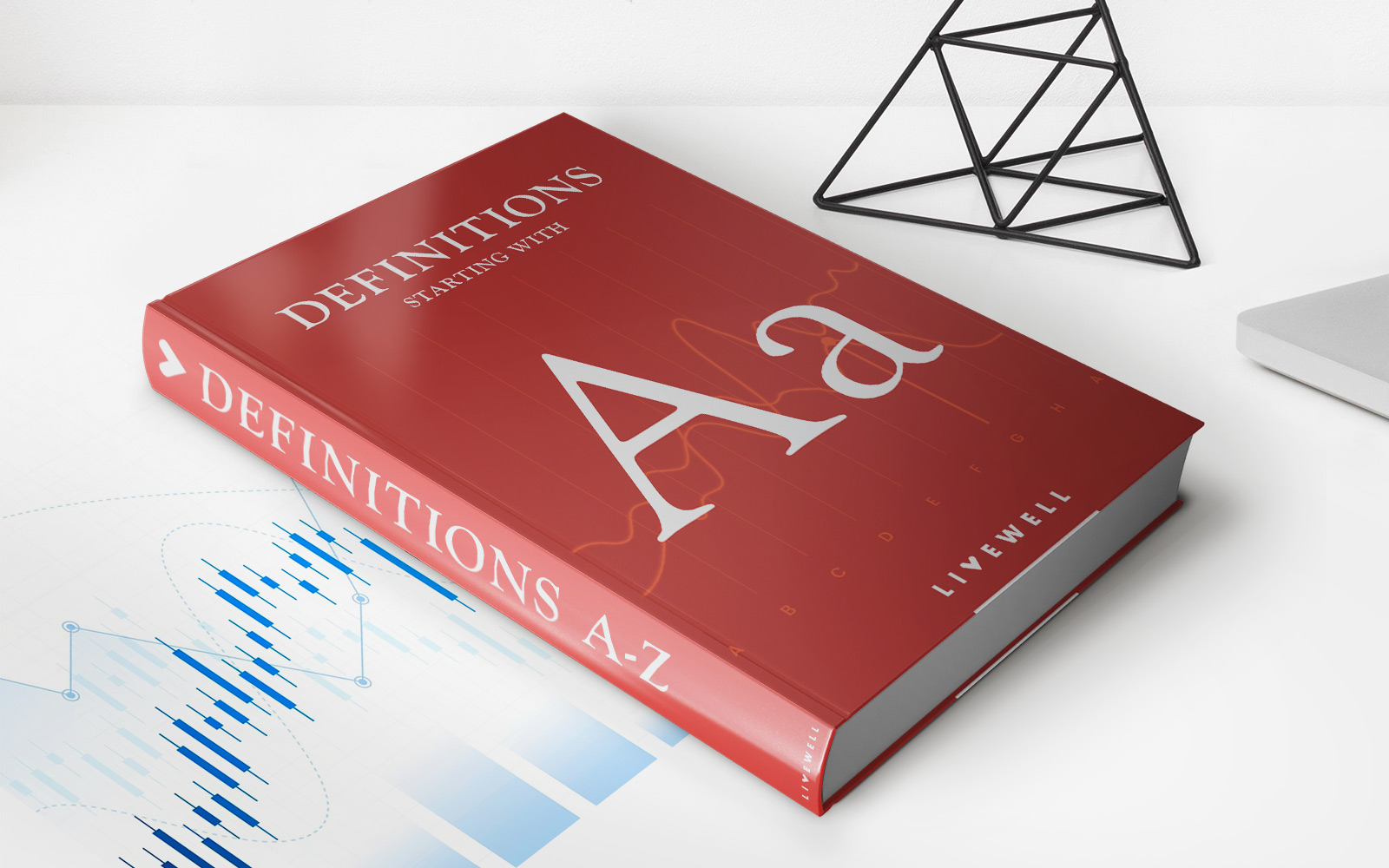

Finance
How Much Is Car Insurance In Connecticut?
Published: November 14, 2023
Looking for car insurance in Connecticut? Find out how much it costs to insure your vehicle and get the best finance options for your needs.
(Many of the links in this article redirect to a specific reviewed product. Your purchase of these products through affiliate links helps to generate commission for LiveWell, at no extra cost. Learn more)
Table of Contents
Introduction
Car insurance is a critical component of responsible vehicle ownership, providing financial protection in the event of an accident, theft, or damage to your car. If you are a resident of Connecticut, understanding how car insurance rates are determined and what factors affect them is essential. This knowledge can help you find the right coverage at an affordable price.
Connecticut, known for its picturesque landscapes and vibrant cities, is also home to various factors that influence car insurance rates. From traffic congestion to population density, insurers take into account several elements before determining your premium. By understanding these factors and the minimum car insurance requirements in Connecticut, you can make informed decisions about your coverage.
Moreover, knowing the average cost of car insurance in Connecticut can give you a baseline to assess whether you’re paying a fair price or need to explore other options. Additionally, there are various tips and strategies for finding affordable car insurance in the state, as well as discounts that can help lower your premium.
In this comprehensive guide, we will explore the various aspects of car insurance in Connecticut. From explaining the factors that influence rates to providing insights on how to find the best coverage for your needs, this article will help you navigate the world of car insurance and make informed decisions to protect yourself and your vehicle.
Factors that Affect Car Insurance Rates in Connecticut
When it comes to car insurance rates in Connecticut, several factors come into play. Insurance companies consider these factors to assess the risk associated with insuring a particular driver. By understanding these factors, you can better grasp why your premiums may be higher or lower than average.
- Driving Record: Your driving record is a crucial factor insurers consider. If you have a history of accidents, traffic violations, or other infractions, you are seen as a higher risk, and your premiums may be higher as a result. Maintaining a clean driving record is essential for keeping your insurance rates low.
- Age and Gender: Younger, less experienced drivers are statistically more prone to accidents and are therefore perceived as higher risks. Insurance premiums for young drivers tend to be higher. Additionally, gender can also impact premiums, with young male drivers typically paying more than their female counterparts.
- Location: The area you live in can have a significant impact on your car insurance rates. Urban areas with higher population densities and more traffic congestion generally have higher rates due to increased risks of accidents and theft. Additionally, areas with higher crime rates may result in higher premiums.
- Type of Vehicle: The make, model, and year of your vehicle can affect your insurance rates. Expensive luxury cars or vehicles with a high risk of theft or damage tend to have higher premiums. Additionally, safety features and the cost of replacement parts also influence rates.
- Annual Mileage: The number of miles you drive annually is a consideration for insurers. Drivers who commute long distances or use their vehicles for business purposes often have higher premiums. On the other hand, if you drive fewer miles, you may be eligible for lower rates.
- Credit History: In Connecticut, insurance companies are allowed to consider credit history when determining premiums. A poor credit score may result in higher rates, as insurers correlate creditworthiness with the likelihood of filing claims.
- Insurance Coverage and Deductibles: The level of coverage and deductibles you choose for your policy will influence your premiums. Opting for higher coverage limits and lower deductibles typically leads to higher premiums, while lowering coverage and increasing deductibles can result in savings.
It’s essential to note that each insurance company has its own rating system and may prioritize certain factors differently. Therefore, it’s a good idea to gather quotes from multiple insurers to compare rates and find the best coverage for your needs and budget.
Minimum Car Insurance Requirements in Connecticut
Like many other states, Connecticut has specific minimum car insurance requirements that all drivers must meet to legally operate a vehicle on the road. These requirements are in place to ensure that drivers have at least a basic level of coverage to protect themselves and others in the event of an accident. Understanding these minimum requirements is important to avoid any legal issues and to make sure you have adequate coverage.
In Connecticut, the minimum car insurance requirements include:
- Bodily Injury Liability: At least $25,000 per person and $50,000 per accident.
- Property Damage Liability: At least $25,000 per accident.
- Uninsured/Underinsured Motorist Coverage: At least $25,000 per person and $50,000 per accident for bodily injury, with the same limits for property damage.
Bodily injury liability coverage provides financial protection if you injure someone in an accident. It covers medical expenses, rehabilitation costs, and legal fees if you are sued. Property damage liability coverage, as the name suggests, covers the cost of repairing or replacing someone else’s property that you damage in an accident, such as their vehicle or a building.
Uninsured/underinsured motorist coverage protects you if you’re involved in an accident caused by a driver who doesn’t have insurance or doesn’t have sufficient coverage to pay for your damages. This coverage ensures that you are not left with the financial burden if the at-fault driver cannot cover your medical expenses or property damage.
It’s important to remember that these are the minimum requirements set by the state. While they legally allow you to drive, they may not provide adequate coverage in all situations. It’s highly recommended to consider additional coverage options, such as collision and comprehensive insurance, to protect yourself and your vehicle further.
Collision insurance covers the cost of repairing or replacing your vehicle if it’s damaged in an accident, regardless of fault. Comprehensive insurance, on the other hand, covers events like theft, vandalism, fire, or natural disasters. Adding these coverages to your policy can provide additional peace of mind and financial protection.
By understanding the minimum car insurance requirements in Connecticut and considering additional coverage options, you can ensure that you have the appropriate level of protection for your specific needs as a driver.
Average Cost of Car Insurance in Connecticut
The average cost of car insurance in Connecticut can vary depending on several factors, including your age, driving record, location, and the coverage options you choose. According to recent data, Connecticut drivers pay an average annual premium of around $1,100 to $1,300 for car insurance.
It’s important to note that this figure is an average, and your individual premium may be higher or lower based on your specific circumstances. For example, younger drivers with limited experience and a less-than-perfect driving record tend to pay higher premiums. Similarly, those who live in densely populated urban areas may face higher rates due to increased risks of accidents and theft.
Other factors that contribute to the cost of car insurance in Connecticut include the make and model of your vehicle, your credit history, and the types and limits of coverage you choose. More expensive or high-performance vehicles typically come with higher insurance premiums. Insurers may also consider your credit history as an indicator of risk, with lower credit scores potentially resulting in higher rates.
Additionally, the coverage options you select will impact the overall cost of your car insurance. Opting for higher liability limits, comprehensive coverage, and lower deductibles will generally lead to higher premiums. On the other hand, selecting lower coverage limits and higher deductibles can help lower your premium, but it’s crucial to ensure you still have sufficient coverage in the event of an accident.
To find the best car insurance rates in Connecticut, it’s advisable to obtain quotes from multiple insurance providers. Comparison shopping allows you to see the various options available to you and identify the coverage that best fits your needs and budget. Additionally, be sure to inquire about any available discounts that can help reduce your premium, such as safe driving discounts or bundling your car insurance with other policies like homeowners insurance.
By understanding the factors that influence car insurance rates and exploring different options, you can work towards finding the most affordable car insurance in Connecticut without sacrificing the coverage you need.
Tips for Finding Affordable Car Insurance in Connecticut
While car insurance is a necessary expense for drivers in Connecticut, that doesn’t mean you have to break the bank to get adequate coverage. With a little research and the following tips, you can find affordable car insurance without compromising on the quality of coverage:
- Shop around and compare quotes: Don’t settle for the first quote you receive. Shop around and obtain quotes from multiple insurance providers to compare rates and coverage options. Each company uses its own algorithm to calculate premiums, so you may find significant price differences.
- Consider different coverage options: Evaluate your coverage needs and consider adjusting your coverage options and deductibles. While it’s essential to have adequate coverage, you may be able to save money by opting for higher deductibles or adjusting other coverage elements based on your individual circumstances.
- Bundle your policies: Many insurance companies offer discounts for bundling multiple policies, such as combining your car insurance with homeowners or renters insurance. Inquire about these discounts to potentially save money on your car insurance premiums.
- Take advantage of discounts: Inquire about any available discounts that may apply to you, such as safe driving discounts, discounts for completing defensive driving courses, or discounts for being a good student. These discounts can help lower your premiums significantly.
- Improve your credit score: In Connecticut, insurance companies are allowed to consider credit history when determining premiums. Improving your credit score can potentially result in lower insurance rates. Paying bills on time, keeping credit card balances low, and addressing any errors on your credit report can help improve your creditworthiness.
- Install safety and anti-theft devices: Equipping your vehicle with safety features like anti-lock brakes, airbags, and anti-theft devices can make you eligible for discounts. Contact your insurance company to inquire about any available discounts for installing these safety measures.
- Drive safely: Maintaining a clean driving record is crucial for keeping your insurance rates low. Avoid speeding tickets, accidents, and other traffic violations. Safe driving habits can help you qualify for lower premiums over time.
Remember that finding affordable car insurance doesn’t mean sacrificing the coverage you need. It’s important to strike a balance between cost and adequate protection. By being proactive, shopping around, and exploring all available discounts, you can find an insurance policy that fits your budget while providing you with the coverage you need in Connecticut.
Discounts Available for Car Insurance in Connecticut
When it comes to car insurance in Connecticut, there are several discounts available that can help you save money on your premiums. These discounts are offered by insurance companies to reward certain behaviors and characteristics that are considered lower risk. By taking advantage of these discounts, you can lower your insurance costs while still maintaining the coverage you need. Here are some of the common discounts available in Connecticut:
- Safe Driver Discount: Insurance companies often provide discounts to drivers with a clean driving record. If you have no accidents or traffic violations within a specific period of time, typically three to five years, you may qualify for a safe driver discount.
- Good Student Discount: Students who demonstrate good academic performance can often receive a discount on their car insurance. Insurance companies see responsible academic behavior as an indication of responsible driving habits.
- Multi-Policy Discount: Many insurance companies offer discounts if you have multiple policies with them, such as combining your car insurance with your homeowners or renters insurance. Bundling policies can save you money on both types of insurance.
- Defensive Driving Course Discount: Completing an approved defensive driving course can make you eligible for a discount on your car insurance. These courses teach you safe driving techniques and can help improve your driving skills.
- Anti-theft Discount: If your vehicle is equipped with anti-theft devices such as an alarm system or a tracking device, you may be eligible for an anti-theft discount. These devices reduce the risk of theft, making your vehicle less of a potential liability for the insurance company.
- Low-Mileage Discount: If you don’t drive your vehicle frequently and have a lower annual mileage, you may qualify for a low-mileage discount. Insurance companies see drivers who spend less time on the road as having a lower risk of accidents.
- Pay-in-Full Discount: Some insurance companies offer a discount if you choose to pay your premium in full upfront rather than monthly. This discount can help you save money on your overall insurance cost.
These are just a few examples of the discounts available in Connecticut. It’s important to note that the specific discounts offered may vary between insurance companies. When shopping for car insurance, be sure to inquire about all available discounts and their eligibility requirements. By taking advantage of these discounts and comparing rates from multiple insurers, you can find an insurance policy that offers adequate coverage at a more affordable price.
Conclusion
Car insurance is not only a legal requirement in Connecticut but also a crucial financial protection for drivers. Understanding the factors that affect car insurance rates, the minimum coverage requirements, and how to find affordable options is essential for responsible vehicle ownership.
Factors such as your driving record, age, location, type of vehicle, and credit history can influence your car insurance rates. By maintaining a clean driving record, considering the type and model of your vehicle, and improving your credit score, you can potentially lower your premiums.
Connecticut has specific minimum car insurance requirements that all drivers must meet. While meeting the minimum coverage is important, it’s advisable to consider additional coverage options tailored to your needs. Collision and comprehensive coverage can provide added financial security in the event of an accident, theft, or damage to your vehicle.
When shopping for car insurance in Connecticut, be sure to compare quotes from multiple insurance providers. Each company uses its own rating system, and rates can vary significantly. Take advantage of discounts such as safe driver, good student, multi-policy, and anti-theft discounts to further reduce your premiums.
Ultimately, finding affordable car insurance in Connecticut requires a balance between cost and coverage. By understanding the factors that affect rates, exploring available discounts, and maintaining a proactive approach to your driving habits, you can find the right coverage at a price that fits your budget.
Remember, car insurance provides financial protection and peace of mind, so it’s important to carefully consider your options and choose coverage that adequately safeguards you and your vehicle on the roads of Connecticut.














